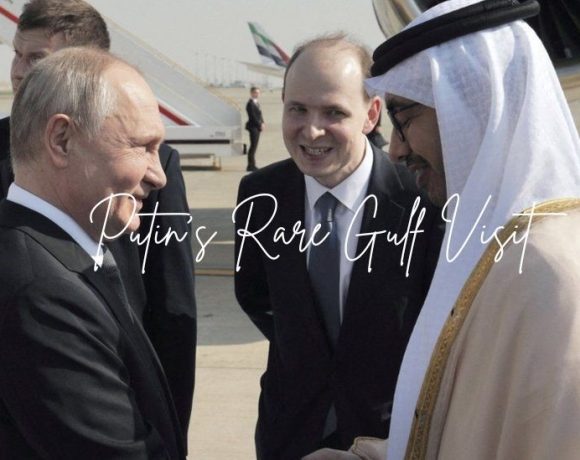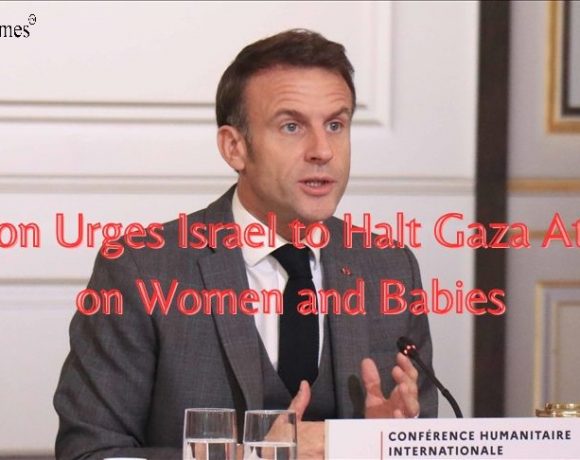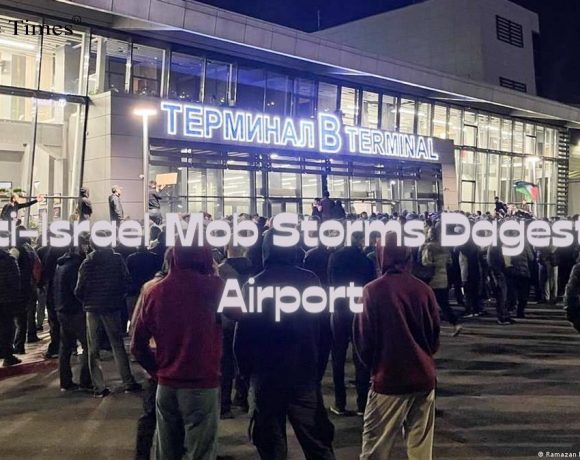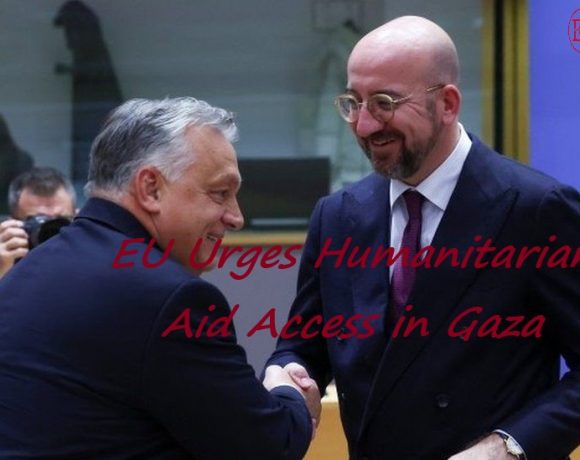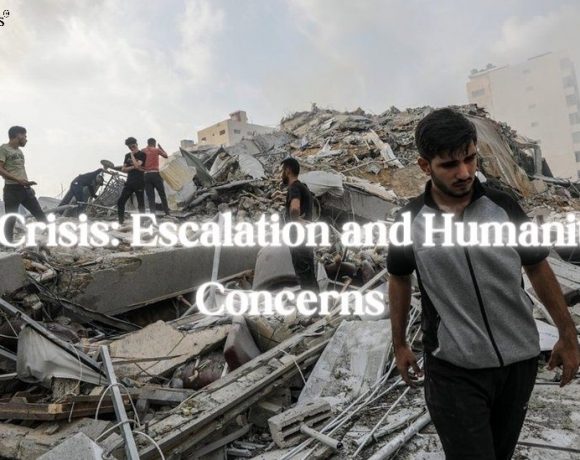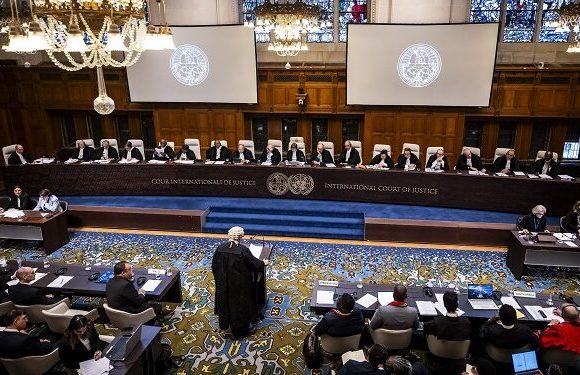
Nicaragua has asked the UN’s highest court to halt German weapons sales to Israel at the start of a landmark case.
Germany is accused of breaching the UN genocide convention by sending military hardware to Israel and ceasing funding of the UN’s aid agency.
Berlin rejects the claims and will present a defence to the International Court of Justice (ICJ) on Tuesday.
In 2023 some 30% of Israel’s military equipment purchases came from Germany, totalling €300m ($326m; £257m).
The allegations build on a separate case taken by South Africa in January, where judges in the Hague ordered Israel to take “every possible measure” to avoid genocidal acts. The court also ordered Hamas to release all hostages taken from Israel during its 7 October attacks immediately.Israel rejects accusations that it is engaging in genocidal acts in its campaign in Gaza, and has insisted it has the right to defend itself.
More than 33,000 have been killed in Israel’s offensive in Gaza, the Hamas-run health ministry there says, the majority of them civilians. Gaza is on the brink of famine, with Oxfam reporting that 300,000 people trapped in the north have lived since January on an average of 245 calories a day.
Nicaragua says Germany’s arms sales to Israel, which totalled $326.5m last year – a tenfold increase on 2022 – make it complicit in Israel’s alleged war crimes.
Components for air defence systems and communications equipment accounted for most of the sales, according to the DPA news agency.Germany was also one of 15 Western nations which suspended funding for the UN’s Relief and Works Agency for Palestine Refugees (UNRWA) over allegations that some of the agency’s staff were involved in the 7 October attacks on Israel.
According to papers filed with the ICJ, Nicaragua wants the UN’s top court to order Berlin to halt weapons sales and resume funding of the aid agency, one of the few international bodies still operating in Gaza.
It says in the absence of such measures, “Germany is facilitating the commission of genocide and is failing in its obligation to do everything possible to prevent the commission of genocide”.
Speaking as the trial opened, Alain Pellet, a lawyer for Nicaragua, said it was “urgent that Germany suspend continued sales.
“Germany was and is fully conscious of the risk that the arms it has furnished and continues to furnish to Israel,” he told judges.
Berlin has rejected the allegations, but has remained tight-lipped about its legal strategy ahead of the hearings.
“We note Nicaragua’s lawsuit and we deny the allegations as unjustified”, government spokesman Wolfgang Buechner said.
Chancellor Olaf Scholz has been a vocal supporter of Israel’s right to self-defence, but he has faced increasing domestic hostility to the continuation of arms sales to the country.
On Sunday, a group of civil servants wrote to the German leader calling on the government to “cease arm deliveries to the Israeli government with immediate effect”.
“Israel is committing crimes in Gaza that are in clear contradiction to international law and thus to the Constitution, which we are bound to as federal civil servants and public employees,” the statement said, citing January’s ICJ ruling.
In January’s case, the ICJ ruled that “at least some of the acts and omissions alleged by South Africa to have been committed by Israel in Gaza appear to be capable of falling within the provisions of the Convention”.
But critics of the case have been quick to highlight that Nicaragua itself has a spotted human rights record, with its government accused of cracking down on opposition. In March, the UK’s mission to the UN accused President Daniel Ortega’s government of a “relentless” crackdown on human rights and civil liberties.
Picture Courtesy: Google/images are subject to copyright



